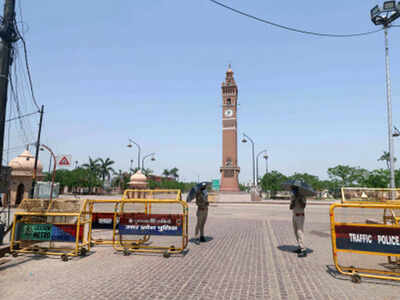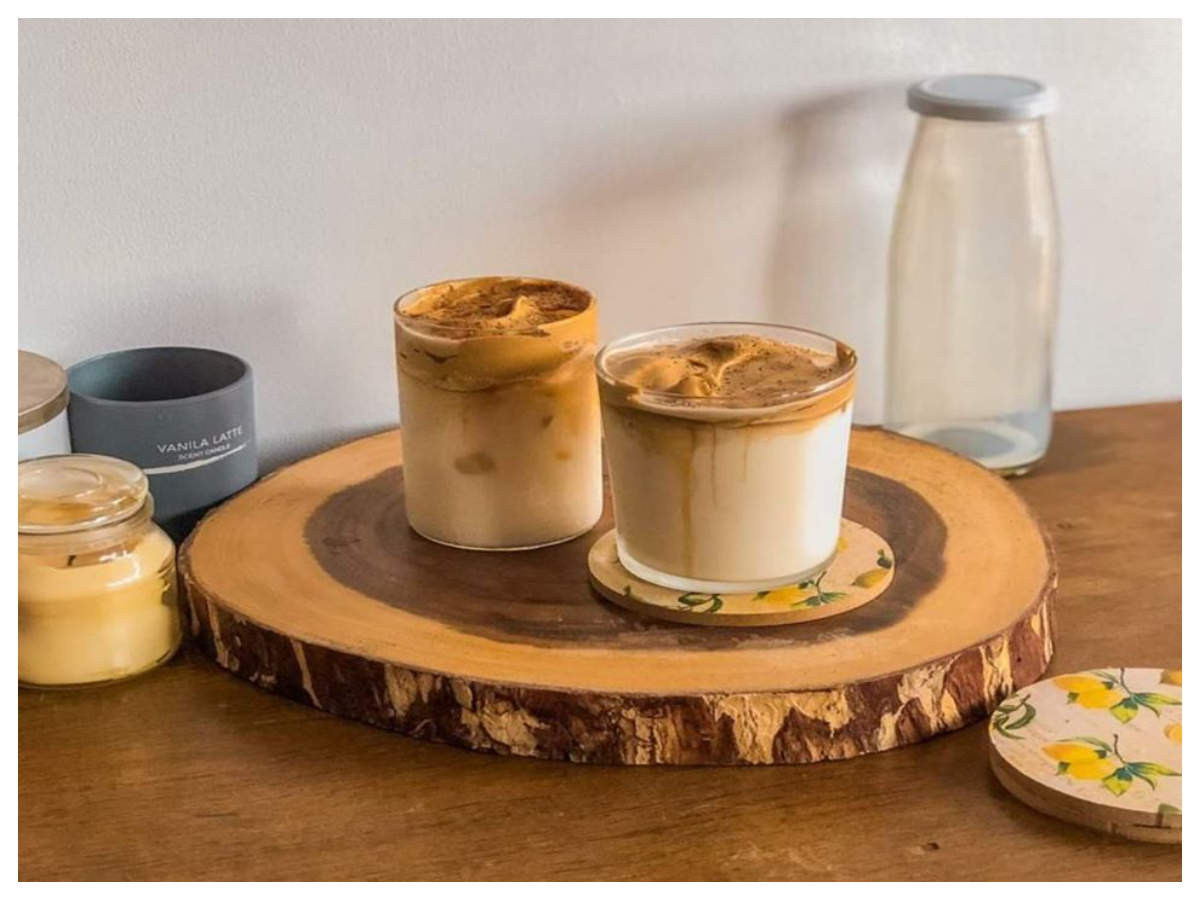
LUCKNOW: In bid to support strict lockdown across the state with rapid testing, the UP government has given a booster shot to its testing facilities. From just one in the beginning of the corona crisis last month, UP has now 14 testing labs, exclusively for Covid-19.
"We conducted 50 tests per day in the pre-lockdown period, and did 2,634 tests on Monday alone," said principal secretary, health and family welfare, Amit Mohan Prasad, adding, "the recent surge in cases is because testing has been ramped up."
In March first week, 100-odd samples were collected. The number rose to 700 by mid-March and to 1,200 samples in April first week and 2,634 samples on Monday. In addition, UP has launched pool testing which will scale up the numbers further.
Prior to the lockdown, only KGMU was allowed to give confirmed reports, but now there are 14 centres. The National Institute of Biologicals which can run upto 500 samples a day is the latest addition.
Health officials said the number of tests will shoot up significantly in the next 3-4 days after pooled testing facility. On Tuesday, 100 swabs were collected from Agra to test the validity of the group testing method in context of UP. "Pooled testing will be scaled up significantly as researchers in Israel have proved that the method was useful for samples as big as 64," said a senior official.
Admitting that the number of cases may go up on account of improved testing facilities, additional chief secretary, home, Awanish Awasthi said: "We expect an increase in the number of hotspots over the next few days because of this." In the first phase, 15 districts with six or more cases were picked up for hotspots. In addition to these 15, districts have added 45 more hot spots even if a single case has been reported. As a result of the cluster containment activity, over 85% of the cases in UP are limited to the hotspots where more than 20 lakh people are under quarantine.
Experts have welcomed more testing facilities. "More the number of tests, higher would be our ability to respond effectively. It's the most inexpensive and effective tool to combat coronavirus," said Vishwajeet Kumar, epidemiologist and public health researcher.
Singapore-based open source intelligence analyst and Harvard Business Review advisory council member, Saikiran Kannan, said: "UP needs to conduct more Covid-19 tests. Their tests per million figures have to improve a lot. Only when coverage is good can a state be confident of having dealt with the outbreak."
"We conducted 50 tests per day in the pre-lockdown period, and did 2,634 tests on Monday alone," said principal secretary, health and family welfare, Amit Mohan Prasad, adding, "the recent surge in cases is because testing has been ramped up."
In March first week, 100-odd samples were collected. The number rose to 700 by mid-March and to 1,200 samples in April first week and 2,634 samples on Monday. In addition, UP has launched pool testing which will scale up the numbers further.
Prior to the lockdown, only KGMU was allowed to give confirmed reports, but now there are 14 centres. The National Institute of Biologicals which can run upto 500 samples a day is the latest addition.
Health officials said the number of tests will shoot up significantly in the next 3-4 days after pooled testing facility. On Tuesday, 100 swabs were collected from Agra to test the validity of the group testing method in context of UP. "Pooled testing will be scaled up significantly as researchers in Israel have proved that the method was useful for samples as big as 64," said a senior official.
Admitting that the number of cases may go up on account of improved testing facilities, additional chief secretary, home, Awanish Awasthi said: "We expect an increase in the number of hotspots over the next few days because of this." In the first phase, 15 districts with six or more cases were picked up for hotspots. In addition to these 15, districts have added 45 more hot spots even if a single case has been reported. As a result of the cluster containment activity, over 85% of the cases in UP are limited to the hotspots where more than 20 lakh people are under quarantine.
Experts have welcomed more testing facilities. "More the number of tests, higher would be our ability to respond effectively. It's the most inexpensive and effective tool to combat coronavirus," said Vishwajeet Kumar, epidemiologist and public health researcher.
Singapore-based open source intelligence analyst and Harvard Business Review advisory council member, Saikiran Kannan, said: "UP needs to conduct more Covid-19 tests. Their tests per million figures have to improve a lot. Only when coverage is good can a state be confident of having dealt with the outbreak."

Coronavirus outbreak
Trending Topics
LATEST VIDEOS
City
 Covid-19 in Kerala: Women doctors perform on devotional song amid coronavirus lockdown
Covid-19 in Kerala: Women doctors perform on devotional song amid coronavirus lockdown  Guwahati traffic cops sing and dance to celebrate ‘Rongali Bihu’ amid lockdown
Guwahati traffic cops sing and dance to celebrate ‘Rongali Bihu’ amid lockdown  Covid-19 in Rajasthan: Woman cop, husband leave 7-year-old daughter at home to serve people during lockdown
Covid-19 in Rajasthan: Woman cop, husband leave 7-year-old daughter at home to serve people during lockdown  Covid-19: Social distancing norms ‘disappear’ at vegetable market in Bengal’s Asansol
Covid-19: Social distancing norms ‘disappear’ at vegetable market in Bengal’s Asansol
More from TOI
Navbharat Times
Featured Today in Travel
Quick Links
Kerala Coronavirus Helpline NumberHaryana Coronavirus Helpline NumberUP Coronavirus Helpline NumberBareilly NewsBhopal NewsCoronavirus in DelhiCoronavirus in HyderabadCoronavirus in IndiaCoronavirus symptomsCoronavirusRajasthan Coronavirus Helpline NumberAditya ThackerayShiv SenaFire in MumbaiAP Coronavirus Helpline NumberArvind KejriwalJammu Kashmir Coronavirus Helpline NumberSrinagar encounter
Get the app



